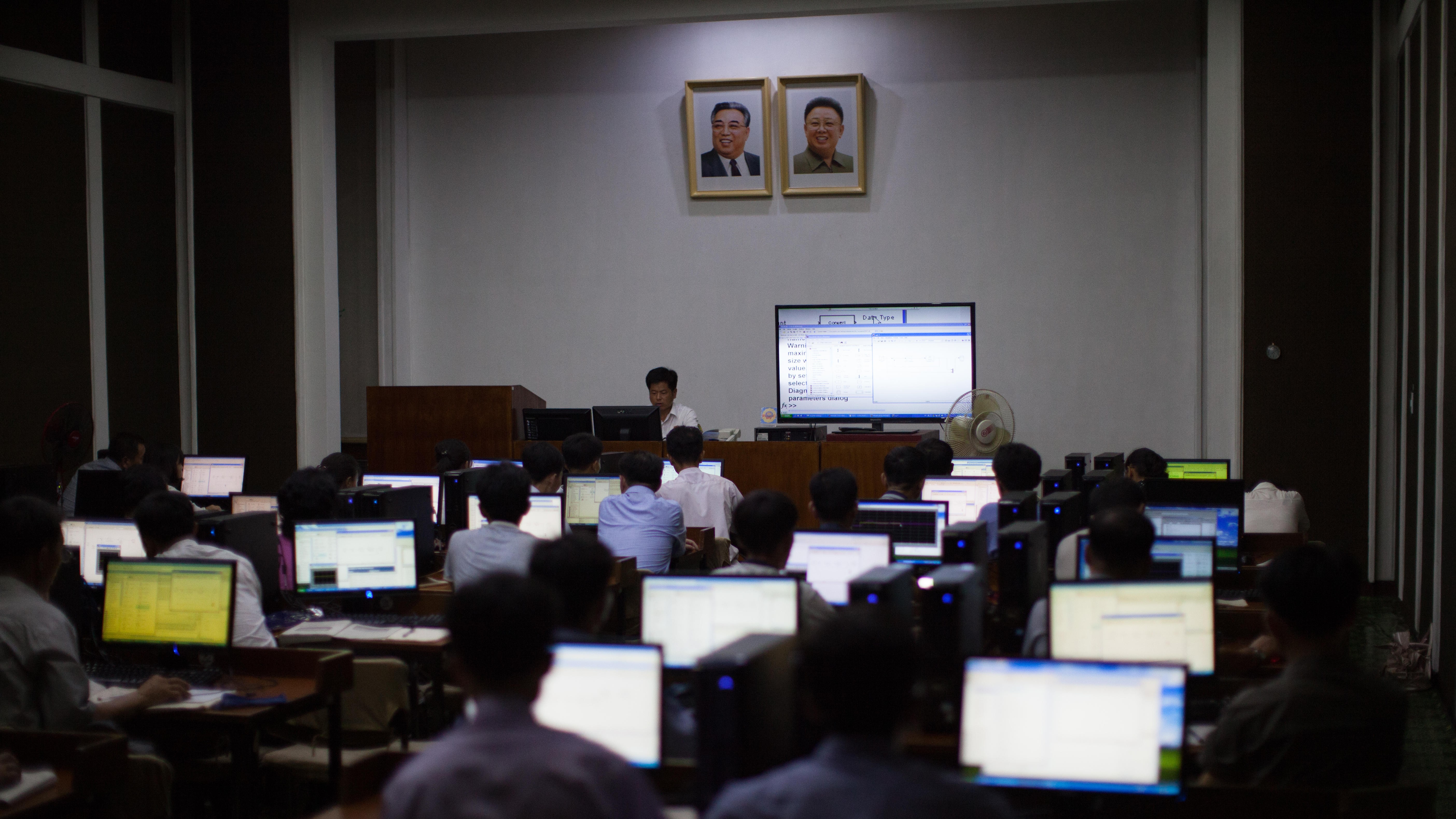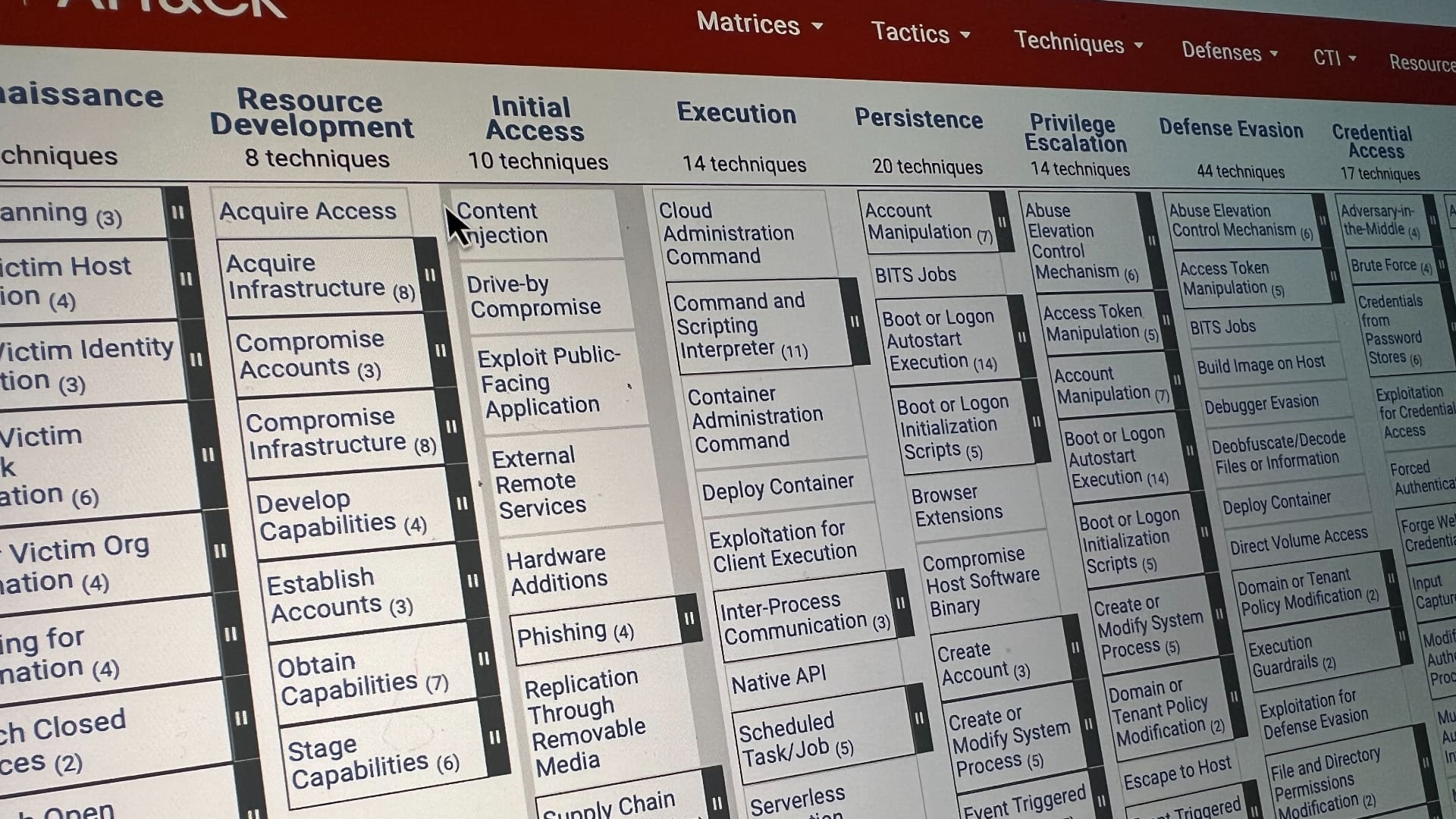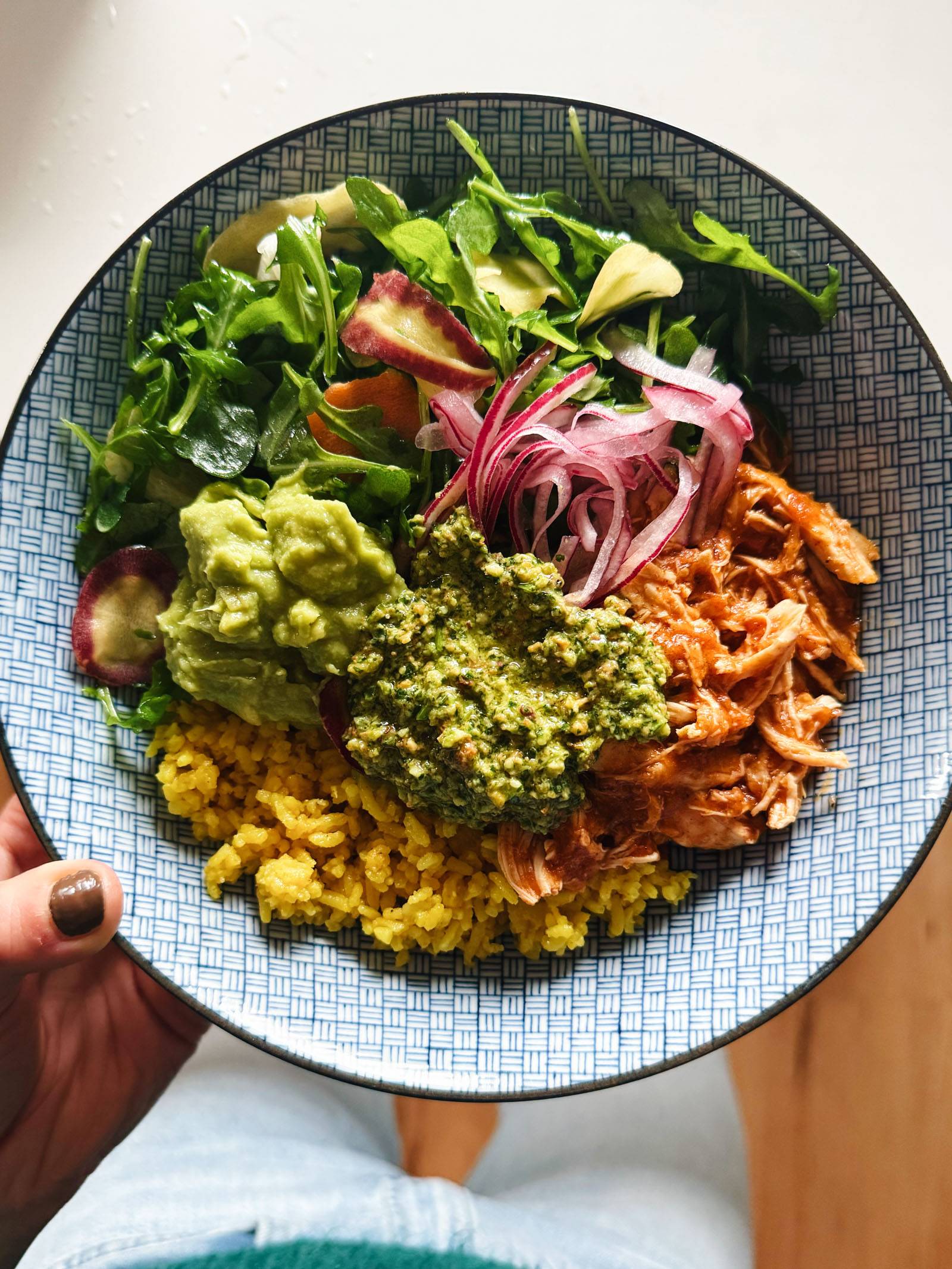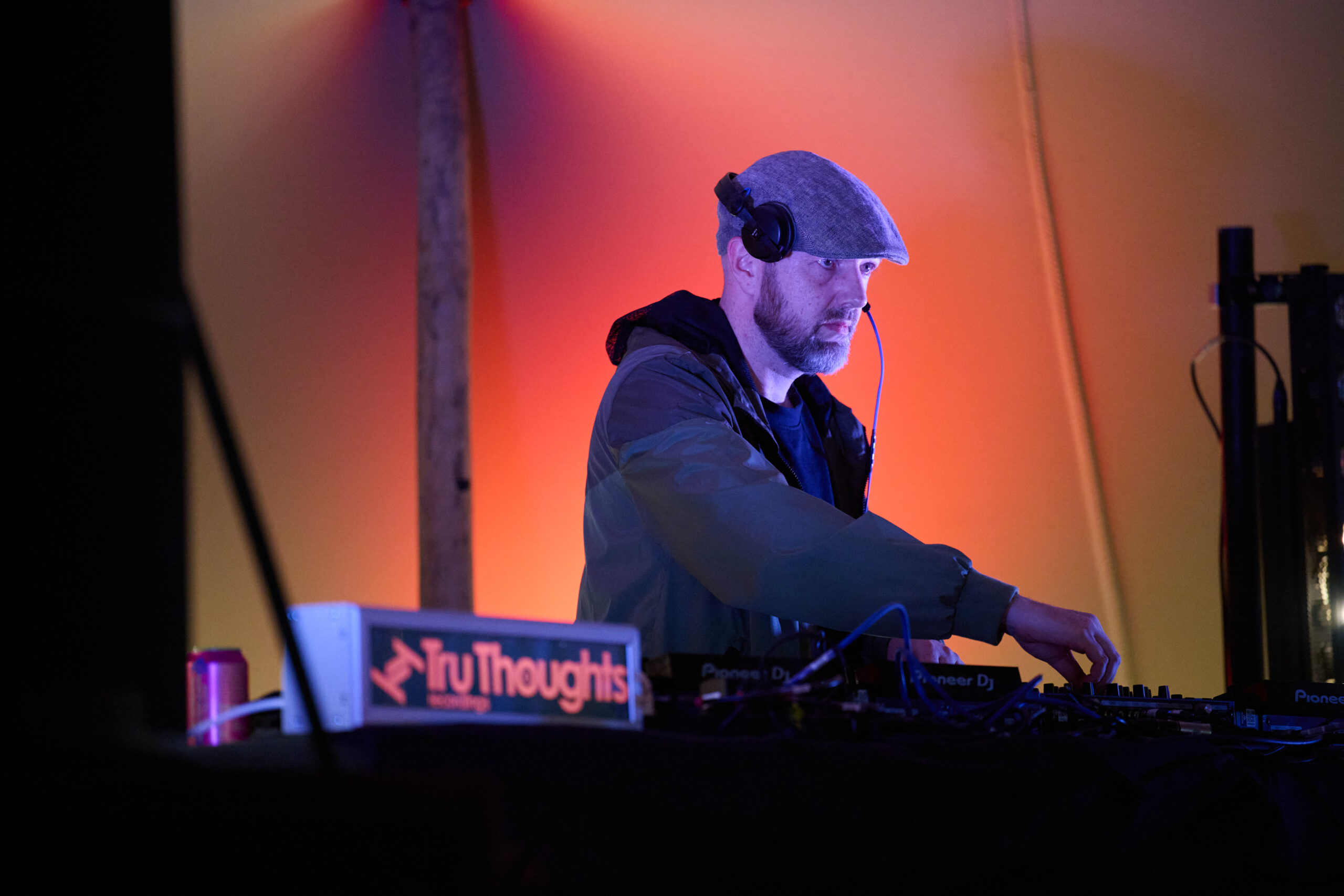Can apps stop you doomscrolling? Yes, but not how you think.
Apps that help you quit doomscrolling by limiting your access to other apps ... don't always work. What does? Using your habits.


"Hi, are you doomscrolling? Our bodies were not designed to be anxious and stressed for this long."
Back in the very anxious year of 2021, a friendly little bot on Twitter — the Doomscrolling Reminder Bot — came along to offer mindfulness reminders like this. Created just after doomscrolling became the 2020 word of the year, the Doomscrolling Reminder Bot soon became a kind of anxiety index. It gained its largest bump in followers during Elon Musk's chaotic takeover of Twitter.
The Bot quit posting new content in 2023, as a lot of the service's less chaotic creators were heading for the exits; even so, its follower count has never dipped below 100,000 Twitter users.
These days, however, you don't need a bot to tell you you're doomscrolling. If you're on social media at all, you're doomscrolling. With nightmare fuel coming thick and fast, with trolls in charge of the news cycle, even an aggregator like Google News or Apple News offers potential for doomscrolling. Heck, any feed featuring multiple photos of the world's richest man doing a, uh, "Roman salute" practically screams doomscroll!
And in 2025, even a cursory check in on Facebook — where Mark Zuckerberg has long been trying to lower the algorithmic importance of news stories — can turn into an hour of sad rubbernecking as your family appears to tear itself apart.
You might think you have more productive ways to spend your time — at least, if you have any hope of being part of the solution. You'd be right. The main reason we doomscroll, as psychotherapist Tess Brigham puts it, is that it's a "way of feeling in control in a world that feels out of control all the time."
But after a certain point, you're not informing yourself; you're filling your head with images and worries that may disturb your sleep and thus make you feel more ragged the next day. A world on fire needs you at your best; the world does not need you to obsess over bad things or their potential to get worse.
Deny the doomscroll
So if the mere nudges of a mindfulness bot can't prevent us from filling our tanks on nightmare fuel, how to stop?
Like trying to break any compulsive smartphone-based behavior that delivers dopamine to your brain — also known as a habit — ending the doomscroll is not as easy as it sounds. I quit Twitter on election night (and decided on a conscious effort to avoid as much news as possible through the end of 2024), but for days after that it was touch-and-go: I would often catch my finger hovering over that awful X icon in my iPhone's "Communication" folder, one I open all the time.
If I'd followed one popular thread of online advice, I would have used a service like Freedom, or Apple's Screen Time, to lock that X down. Freedom, which has recently started posting its own articles on the dangers of doomscrolling and news addiction, boasts more than 3 million customers who pay up to $8 a month to limit their access to certain apps or sites across multiple devices.
More power to you if you're one of those millions. For me, being told I can't have something — even by myself — can be a way to ensure I want it more. I've used Screen Time for years to limit my access to Threes, an iPhone game I often turn to in times of stress, to 15 minutes a day.
Roughly half the time I get that 15-minute warning, I accept it as a mindfulness reminder and get on with whatever task I was avoiding. Trouble is, the other half of the time, a surly teenager appears in my head.
"Screw you, me, you're not the boss of me," he says, and hits the snooze button that offers another 15 minutes of respite from the real world.
There are other tips and tricks for reducing the attractiveness of your smartphone, such as turning your screen monochrome. But I didn't need to go that far. Nor did I need to delete Twitter from my phone altogether, a drastic step that felt like it would have induced a panicky, pendulum-swing-like re-download the following day.
Ultimately, the reason I didn't touch that X again was that I followed the first recommendation way back in our 2020 anti-doomscrolling article: reorganize your apps. Putting X and the equally addictive Threads at the back of my Communication folder, three pages in, was better than deleting them altogether. Over time I simply forgot they were there.
"Out of sight, out of mind" may be an underrated dictum in the digital age. Nutrition behavior experts recommend putting healthy snacks like nuts and fruit on the kitchen counter, while chips and cookies languish at the back of the cupboard — not denied, just forgotten. Why not do the smartphone equivalent with your home screen?
Better living with better apps
It wasn't enough to just hide the X app. As with every behavior change, it had to come with a significant vibe shift. And, as the science suggests, it was a lot easier with the creation of new habits to help disrupt the old.
First off, I had to stop telling myself that it was the job of a journalist like me — whose area of interest is pretty much anything that fits on a screen — to be on social media all the time. For this I was indebted to a November article by Laura Hazard Owen, the editor of Nieman Lab, that drew a critical line in the sand: Going forward, she wrote, "I'll read news, not other people's reactions to news."
However, I wanted to take the experiment a step further. Could I stay sufficiently informed without opening news apps or going to aggregators? Indeed I could, because email newsletters are still a thing. You should of course sign up for all of ours, but I also solicited newsletter recommendations from friends and have particularly enjoyed low-key, no-nonsense news recaps from The Conversation.
When I was mainlining news I used to find email newsletters irritating, almost akin to spam. Now I see they're a great way to put news in its proper productive context — important, but rarely more important than the most urgent things in your inbox.
As for habit disruption — well, you don't need me to tell you that there are some apps on your phone that are way more educational than others. For example, if I'd put all the hours I spent scrolling Twitter and Facebook in 2024 into Duolingo instead, I could have learned a new language.
Ultimately, I went in a simpler and more fulfilling direction. Since my doomscrolling habit was essentially a reading habit, every time I had the itch to read news, I just read books on my phone instead (in dark mode, naturally). Kindle, Books, the library apps Libby and Hoopla, and the book streaming service Everand (formerly known as Scribd): All took pride of place on my phone's home screen.
My brain felt a bit weird at first; it had become so used to reading e-books on an actual Kindle device or iPad. But once you give yourself permission to do so, the advantage of reading books on your phone become clear. You can knock out a chapter anywhere, whether waiting for a friend in a restaurant or waiting in line for the DMV.
The less reactive your reading, the more you can slip into what is known as Type 2 thinking: slower, more logical, leading to better decisions.
In a world off the rails that demands our best thinking, a Doomscrolling Bot won't save us. But taking the time for deep reading just might.
What's Your Reaction?











































































